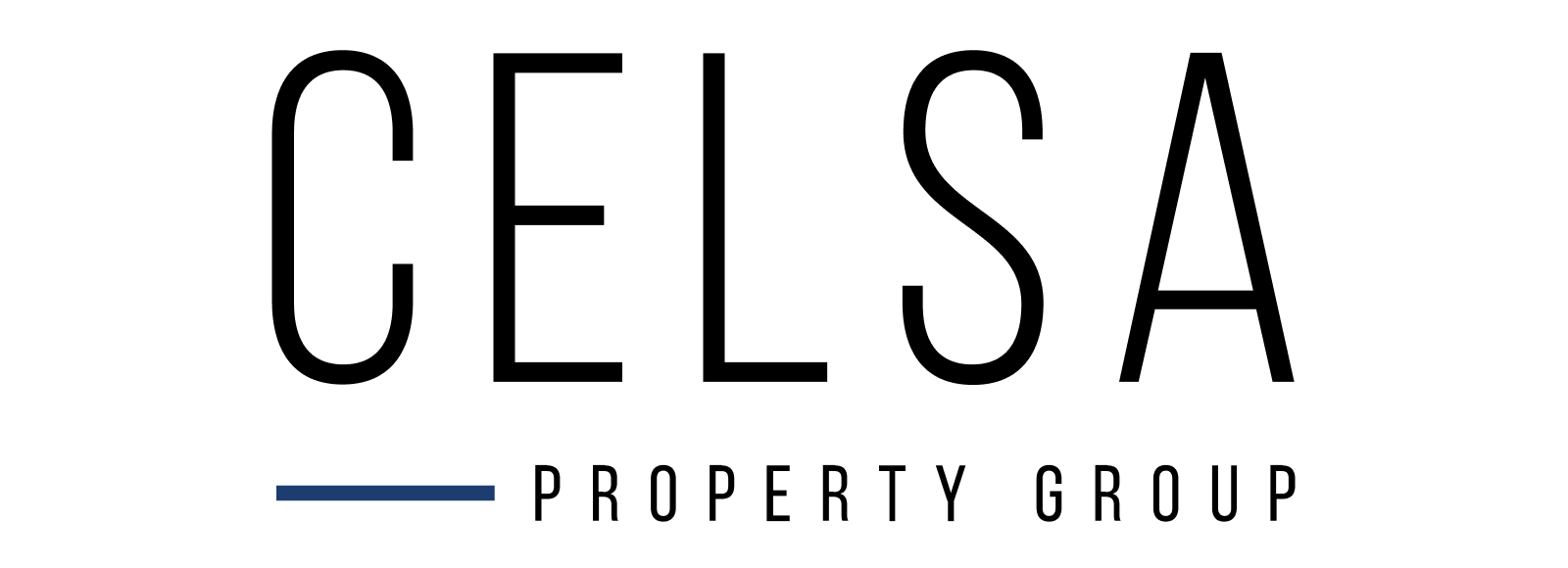How to choose the right buy-to-let property in Cape Town
The rental market in South Africa is finally on the upswing again after its last spike during the 2010 Soccer World Cup, showing steady growth over the past year with the current national average rental increasing from R6 000 to R6 354 by the end of the first quarter of 2015, according to figures recently released by Payprop Rental Index.
Buying a lock-up and go type property such as a recently renovated two bedroom apartment in a block situated in a centrally located suburb such as Mowbray in Cape Town is one way to maximise return on investment if you’re buying to let. The apartment, which is on the market for R1.4 million, is close to theBlack River Parkway Business Park, equidistant to the CBD and Claremontbusiness centres, close to UCT and Groote Schuur Hospital, and within the catchment area for the many good schools in Cape Town’s Southern Suburbs - click here to view.
Lew Geffen, Chairman of Lew Geffen Sotheby’s International Realty, says with Cape Town showing the second highest rental increases in the country, the current trend bodes well for buyers looking at investment properties, especially in suburbs with excellent amenities and access to top-class schools.
“However, to successfully capitalise on your investment both in the short and long term, it’s essential to take key factors into account when considering the purchase of a prospective rental property. Definitely don’t just jump into the fray,” says Geffen.
According to Arnold Maritz, Southern Suburbs Co-Principal of Lew Geffen Sotheby’s International Realty, the most important consideration is location, location, location.
“It is crucial to invest in a sought-after area rather than take a gamble on a problematic suburb. Not only will your immediate returns and eventual resale opportunities be better, but you are also more likely to attract a better calibre of tenant,” says Maritz.
“The second point to consider is the price, and our experience indicates that for long-term lets, properties priced up to about R2 million will currently yield an annual return of approximately 5%, with the return typically diminishing as the price increases.”
He says it is also possible to get a higher return on lower priced properties prices at around R500 000, but then typically the risk will increase because of the area in which the property is situated, or because of the risk profile of the potential tenants.”
According to the PayProp Rental index, the average rental in the Southern Suburbs is around R7 500 per month, which means that properties valued at about R1.5 million will most likely offer the best return in rental value in most suburbs.
“In the long term, while a property in a good area that is priced correctly will almost certainly offer a good return on investment, overcapitalising is a pitfall that can impact both immediate and future returns, so it’s always advisable to thoroughly research sale and rental prices in your chosen suburb before investing,” says Maritz.
This four bedroom, two bathroom home for sale in Observatory is ideal as a starter home or for students. The property has electric fencing, and is close to shops, Groote Schuur Hospital and the University of Cape Town. The house is selling for R2.9 million - click here to view.
Lorraine Dellbridge, Rentals Manager for Lew Geffen Sotheby’s International Realty in Southern Suburbs, False Bay and Noordhoek, says that if the purchase is specifically for investment, then properties that require the least maintenance are a better option.
“The upkeep required on older properties and homes on large grounds can easily eat through returns, so unless you are able to create a sizeable maintenance fund from your rental income, low maintenance options like lock-up-and-go properties are better.”
Maritz says the advantage of purchasing a sectional title home for an investment property is that there will be a body corporate with trustees who are responsible for the maintenance of the common property and the upkeep of the complex, which significantly reduces the owner’s involvement in maintaining the exterior of the property.
However, he cautions that the levies in many complexes can be significant, reducing the monthly income derived from rental.
Dellbridge says it’s also essential that investors research the general demographic of the area and decide which segment of market they will be servicing.
“In the student market, the buyer should choose a suburb close to the relevant campus, and preferably buy a property with easy access to public or student transport routes, while families will need to be in close proximity to good schools, sports amenities and shopping hubs,” she says.
“Corporate or diplomatic tenants will favour an upmarket suburb, which has quick access to freeways leading to the airport and is typically close to business hubs, while the main criteria for the leisure market is to invest where all the action is.”
Dellbridge says investors seeking short-let tenants should look at properties on the Atlantic Seaboard, in False Bay and also in the CBD for the best return on investment.
So what are the investment advantages, short-term and long-term?
According to Maritz, they are manifold, with one of the almost exclusive advantages being that the buyer can make use of gearing by obtaining assistance with financing the purchase.
The investment will then yield the short-term benefit of a monthly income, typically linked to inflation, and will also increase in capital value over the long term.
“Not many assets can offer the above advantages, and the return on the investment made by the buyer over a five to ten year period can be significant,” says Maritz.
Author Property 24
